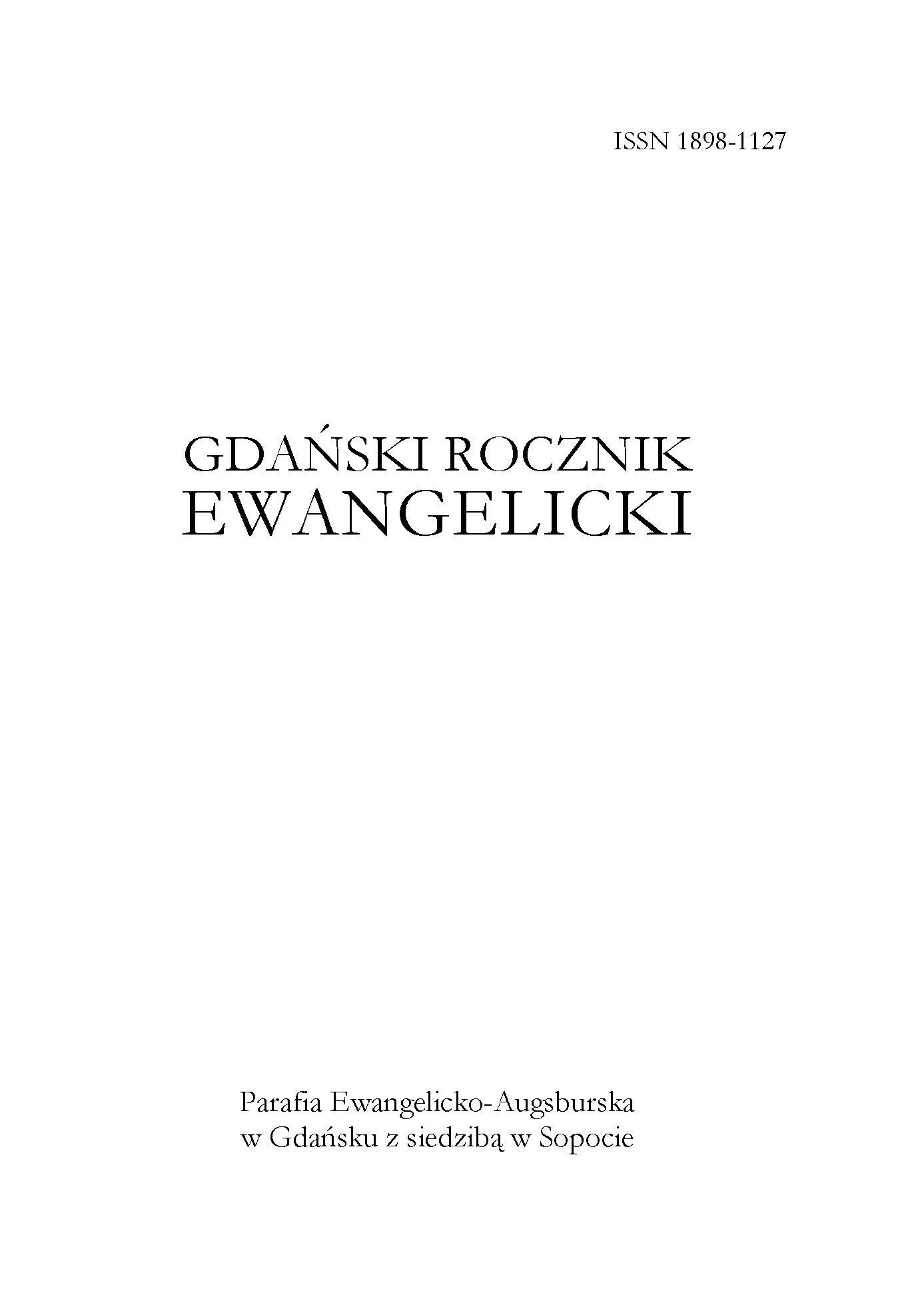Kierkegaarda droga poznania Boga
Kierkegaard's Method of Knowledge of God
Author(s): Maria Urbańska-BożekSubject(s): Christian Theology and Religion, Philosophy, Theology and Religion, Philosophy of Religion
Published by: Parafia Ewangelicko-Augsburska (Luterańska) w Gdańsku-Sopocie
Keywords: faith; reason; knowledge; reflection; religion; truth; paradox;existence;
Summary/Abstract: This article shows a method of the recognition of God, which we can find in the philosophical and theological thought of the thinker from Copen-hagen. This method is different from the one we can find in the history of religious ideas of the West Europe, that, to a considerable degree, fluctuated around Augustin’s credo ut intelligam and Anselm‘s fides quaerens intellectum. Naturally, we remember the maxim of Tertullian, who professed credo quia absurdum and who, in his De carne Christi, formulated this idea during of the polemic with Hellenistic thinkerswho accused Christianity of irrationality. However, in the Middle Ages, thinkers did not appeal to this idea, because the thought of this period, above all, wanted to subordinate faith the reason or to reconcile the reason and faith. Søren Kierkegaard suggests that when all other possibilities of knowledge of God have failed, we can turn back and attempt a new method. In other words, it is necessary to completely discard the reason to make the jump into faith and to live in truth on the model of Christ, God Incarnate.
Journal: Gdański Rocznik Ewangelicki
- Issue Year: 2016
- Issue No: 10
- Page Range: 206-224
- Page Count: 19
- Language: Polish

